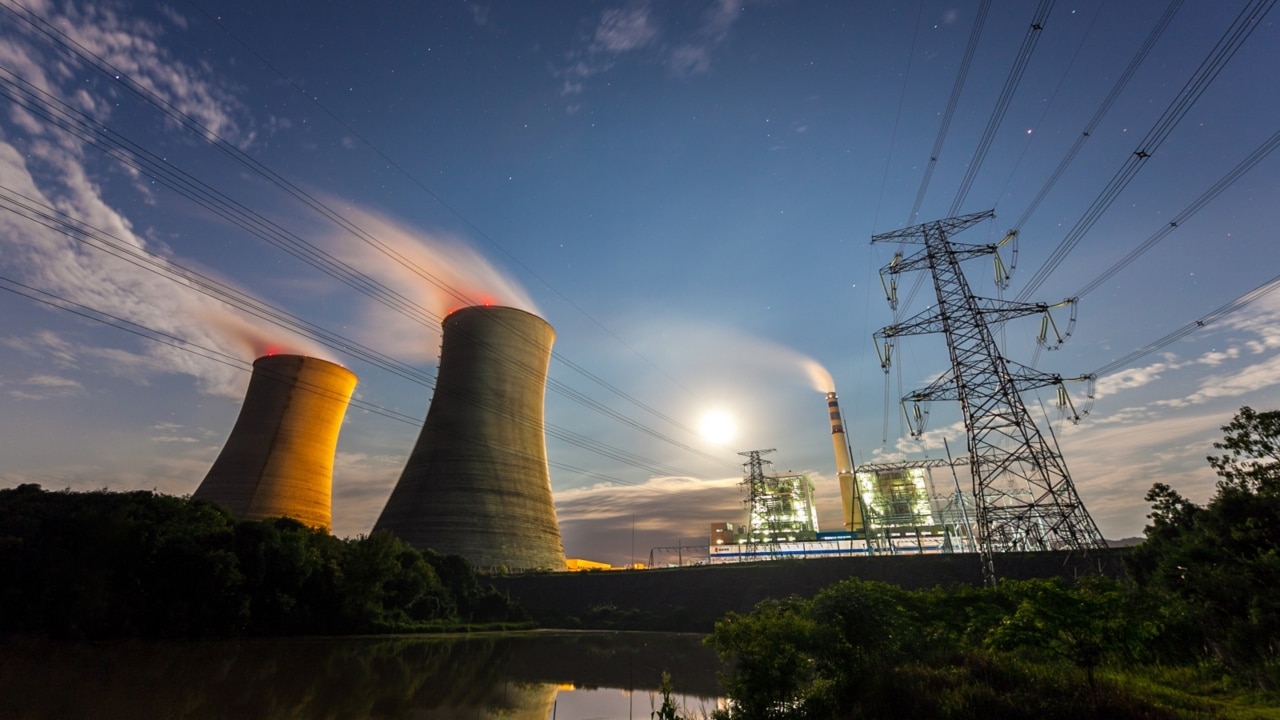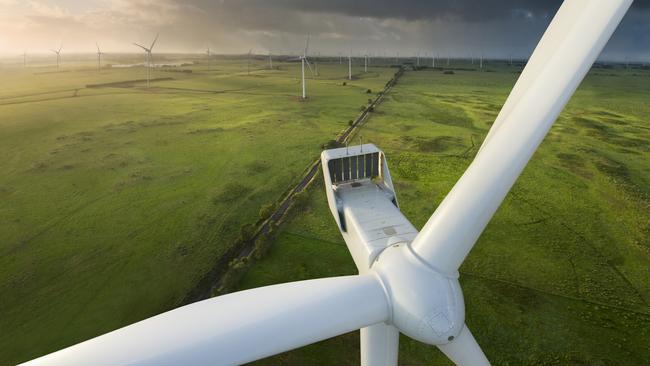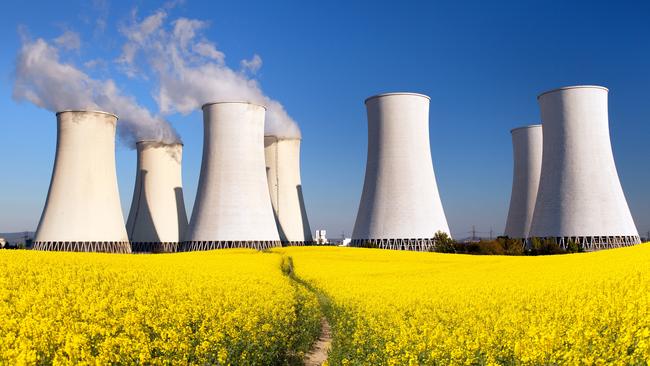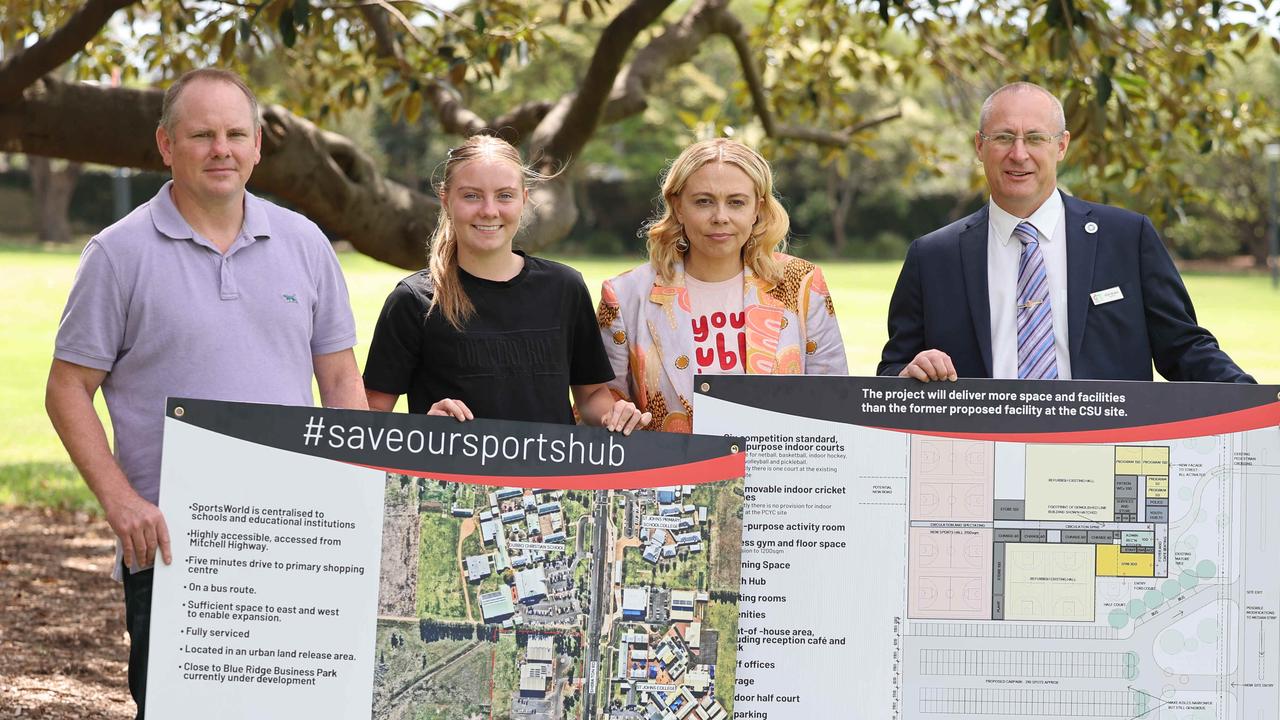Families place greater priority on power price than renewables
A new survey shows support for renewable energy has dropped as voters weigh up the cost of power price blowouts on family budgets.

NSW
Don't miss out on the headlines from NSW. Followed categories will be added to My News.
Support for renewable energy has dropped as voters weigh up the cost of power price blowouts on their family budgets.
A new survey has highlighted a shift in sentiment with declines in support for solar, hydro and wind power, with their greatest priority keeping prices down.
There was also renewed interest in investigating nuclear energy as a power source.
The survey by conservative political consultants, the CT Group, shows Australian’s support for renewable energy has cooled since 2020 while support for coal has grown.
In the same period, support for oil has moved from ‘generally opposed’ to neutral while the popularity of nuclear energy has also increased.
CT Group – long-time Liberal pollsters formerly known as Crosby Textor — periodically survey public attitudes to the energy market.

Their most recent survey, conducted in July, found a nine point drop in the net favourability rating of solar power and a similar drop in support for hydro-electric.
The drop in positive attitudes to wind power was even bigger, dropping from a net positive rating of 79 down to 64. Support for nuclear energy in the same period has doubled, though in rising from a net positive rating of 6 to 12 it still remains massively unpopular compared to renewable energy.
The report’s authors note the “softening of support for renewables likely reflects wide agreement that cost-of-living pressures, as salient as they are, have been exacerbated by trying to switch to renewables too quickly.”

The survey also found widespread support for energy nationalism, with 75 per cent of respondents agreeing with the statement “Australia should not be reliant on other countries to supply its energy needs.” Almost half of the people – 48 per cent think Australia should keep “all of the gas it produces” while 39 per cent of them also think the country should not be exporting coal.
Unsurprisingly Greens voters were the most likely to think transitioning to renewables was most important, with 61 per of them agreeing with that statement compared with 17 per cent of Coalition voters.
The statement was also more popular with the university educated, Labor voters, higher income earners and voters aged under 34 compared to older, poorer and non-tertiary educated voters.
CT said attitudes to renewables were now “a key differentiator between Greens, Labor and Coalition voters, between age groups, between education levels and between income groups.”
Support for nuclear energy at 40 per cent was higher than the 28 per cent who opposed it but support for the small modular nuclear reactors was much higher with 53 per cent of people in favour of them.
The results on nuclear energy will give heart to Opposition Leader Peter Dutton who has made it clear he is open to introducing them if the Coalition is elected at the next poll.
More Coverage
Originally published as Families place greater priority on power price than renewables





